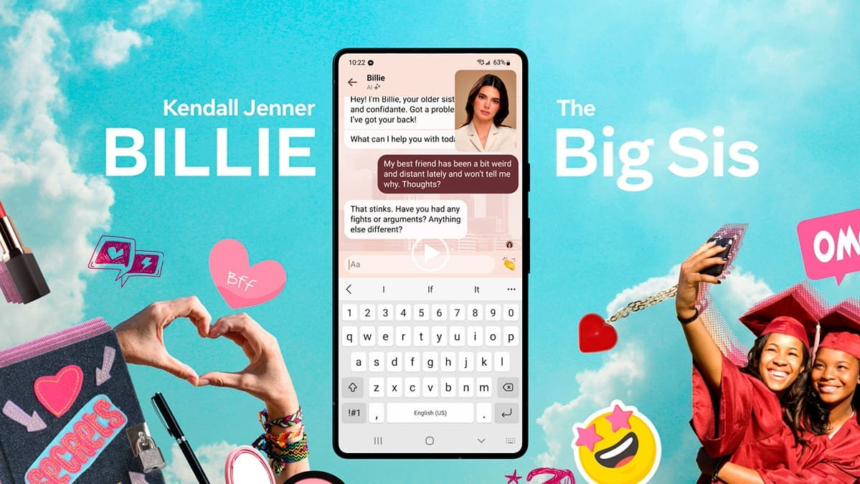- AI-powered celebrity chatbots are becoming increasingly realistic.
- While some companies claim to handle celebrity likenesses responsibly.
- Ongoing discussions about the implications of AI-recreated individuals are crucial.
Too increasingly realistic
AI technology has advanced to the point where hyper-realistic digital recreations of celebrities, both living and deceased, can now engage in conversations that closely match their likeness and voice.
Soul Machines’ “digital Marilyn” chatbot, showcased at the South By Southwest festival, exemplifies this trend, promising an authentic interaction with the iconic actress’s charm and wit.
Meta CEO Mark Zuckerberg has also revealed plans for AI chatbots modeled after celebrities like Tom Brady and Kendall Jenner, designed to assist users with their daily activities and goals.

Concerns over consent arise
The rise of AI-powered celebrity chatbots has sparked ethical concerns, particularly regarding the use of a person’s likeness without their consent.
Robin Williams’s daughter, Zelda, has expressed her discomfort AI recreations of her late father’s voice, calling them “a poor facsimile of greater people” at best and “a horrendous Frankensteinian monster” at worst. Critics have also argued that the Marilyn Monroe chatbot is a further exploitation of a woman who was already exploited during her lifetime.
Despite these concerns, some AI companies maintain that the use of celebrity likenesses is handled through legal contracts and partnerships, ensuring that their intellectual property is managed in a brand-safe manner.
As AI technology continues to advance, it is becoming increasingly common for celebrities to partner with AI companies they believe can handle their intellectual property ethically and responsibly.

However, the rapid development of these chatbots highlights the need for ongoing discussions about consent, exploitation, and the ethical implications of using AI to recreate and interact individuals, both living and deceased.









